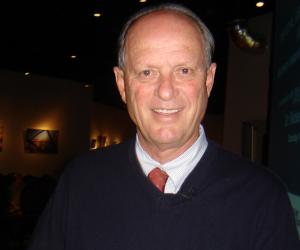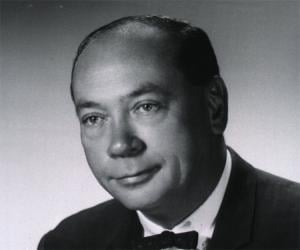A retired US Navy officer, Robert Ballard is now an oceanography professor, a marine explorer, and an underwater archaeologist, who has discovered countless shipwrecks, including the RMS Titanic and Bismark. He has also discovered hydrothermal vents. His exploration has earned him many honors, such as the Hubbard Medal.
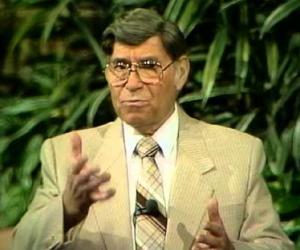
Apart from being a renowned biochemist, Duane Gish was also a World War II veteran and a prominent Creationist. He taught at Cornell and penned iconic books such as Evolution: The Fossils Say No! He was also known for his fiery debates and had headed the Institute for Creation Research.
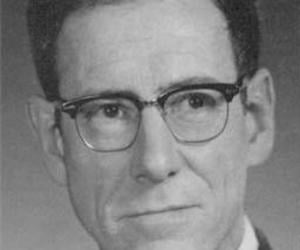
Robert Whittaker was an American plant ecologist best remembered as the first person to put forward the five kingdom taxonomic classification, namely Animalia, Plantae, Protista, Fungi, and Monera. He also served as a teacher at Washington State College. During his career, Robert Whittaker was honored with several prestigious awards such as the Eminent Ecologist Award in 1981.
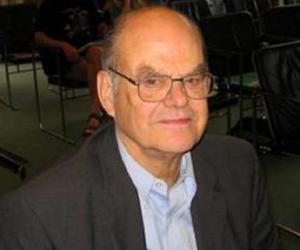
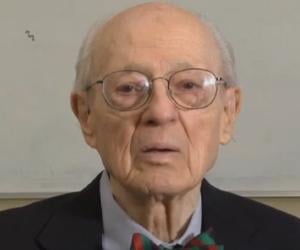
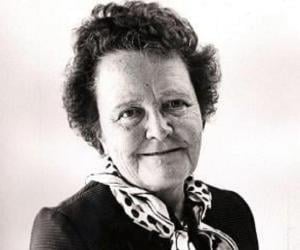
Ruth Patrick was an American limnologist and botanist who specialized in freshwater ecology and diatoms. She is best remembered for developing methods to evaluate the health of freshwater ecosystems. She is also credited with founding numerous research facilities. She won many awards, including the National Medal of Science. Ruth Patrick is a National Women's Hall of Fame inductee.
Earl W. Sutherland Jr. was a pharmacologist and biochemist known for his work in the field of hormones. He was honored with a Nobel Prize in Physiology or Medicine in 1971. As a young man, he worked in the laboratory of Nobel laureate Carl Ferdinand Cori. Under Cori’s guidance, he began his research on the effects of hormones.
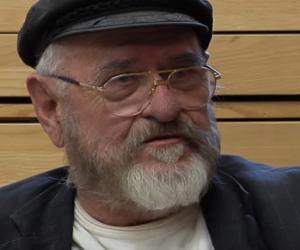
Regarded widely as the father of modern primate paleontology, Elwyn L. Simons, is best remembered for his discovery of the Aegyptopithecus, the earliest common forebear of man, apes, and monkeys. An enthusiastic wildlife conservationist, too, he worked for the preservation of rare primates such as lemurs and lorises.
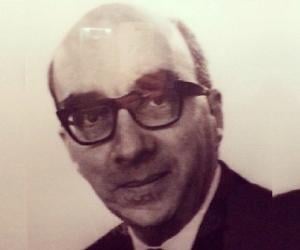
Donald F. Jones revolutionized the corn-breeding industry by pioneering the double-cross hybrid variant of the food grain. The Harvard alumnus once worked as the only geneticist at the Connecticut Station. He also headed the Genetics Society of America as its president and was part of the National Academy of Sciences.
